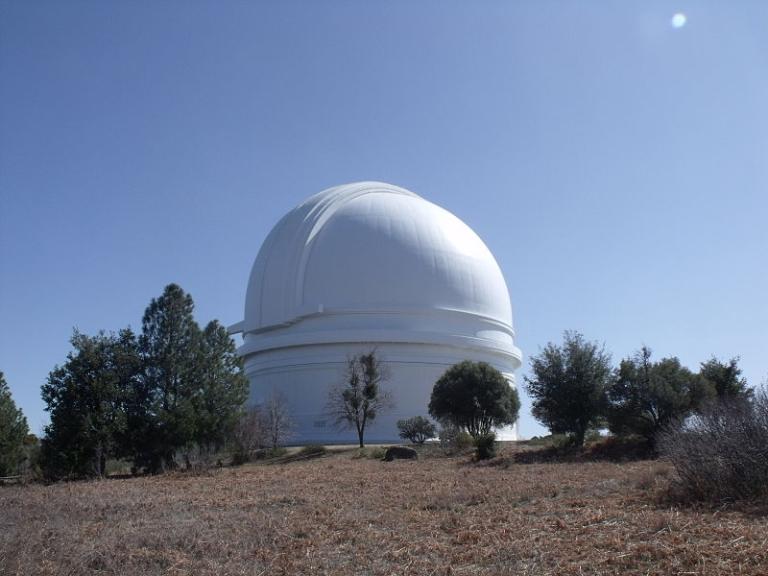
Back on 8 September 2020, I posted a brief blog entry (“Can the study of history yield genuine knowledge?”) in which, even more briefly, I cited a passage from Hans-Georg Gadamer, Truth and Method, 2d ed., rev., translation by Joel Weinsheimer and Donald G. Marshall (London and New York: Continuum, 2004), 4. I used that passage as a jumping-off point for a point of my own; I wasn’t attempting an exposition of Gadamerian aesthetics or of Gadamer’s overall position on the human sciences.
My point was, simply, that disciplines such as history can and do furnish genuine knowledge, even if they neither yield nor flow from universal laws like those of the physical sciences.
That’s all. The point seems to me so obvious as to be undeniable.
So I was surprised, just now, to see a very lengthy and quite ponderous series of comments elsewhere that seem to have been intended to demonstrate that my reading of Gadamer — a reading that, so far as I can tell, I’ve never offered here or anywhere else — is superficial and false.
I skimmed through them pretty rapidly, but it appears that one of my alleged problems is my supposed failure to grasp the distinction between the English word science and the German term Wissenschaft. However, I’ve known the difference between those two words for, literally, most of my life. Here, for instance, is something (by no means complete or exhaustive) that I posted regarding the topic back in August 2019, on this very blog:
Our English word science derives, ultimately, from the Latin verb scire, which meant “to know.” In modern English, though, science doesn’t refer simply to knowledge in general. Rather, it denotes a certain kind of knowledge — or, even, to be really precise, a certain methodology (or bundle of methodologies; after all, cosmology and botany and geology and particle physics and genetics and astrophysics and ecology employ quite distinct methods and styles of reasoning) for attaining that particular kind of knowledge.
Very few if any people in the English-speaking world, for instance, would describe art history as a “science.”
Is history, more generally, a “science”? Some historians have aspired to that status — Leopold von Ranke’s famous goal of recording or writing history wie es eigentlich gewesen (“as it actually was”) surely expresses some such ambition — but most today probably don’t. And, while history can be ranked among the “social sciences” (as at BYU), it’s often placed within colleges of “Arts and Letters”). And it’s arguably at least as close to literature as it is to nuclear physics.
Is “political science” really a “science”? As practiced by some (e.g., by those who work with survey data), it may tend in a genuinely “scientific” direction. But more than a few “political scientists” are either uncomfortable with or irritated by the notion that they’re doing “science.” Courses on political philosophy, for instance, don’t seem “scientific” at all — though that act doesn’t even begin to render without value the study of Plato’s Republic and Laws, Aristotle’s Politics, or the work of John Rawls.
There are valuable areas of scholarship, study, thought, and knowledge that have nothing to do with “science” as it is generally conceived in English.
In German, though, the word Wissenschaft — which is often translated into English simply as science and which, analogously to science, derives from the German verb wissen (“to know”) — is quite a different matter. For example, although it is properly applied to such disciplines as chemistry and biology and physics, there is also, actually, a German term Kunstwissenschaft (literally “art science” or, perhaps better, “science of art”) that is often used as a synonym for Kunstgeschichte (“art history”) but that can likewise refer to “aesthetics” or to the study of aesthetics and aesthetic judgment.
On that German term Wissenschaft, there may well be some additional notes to come.












